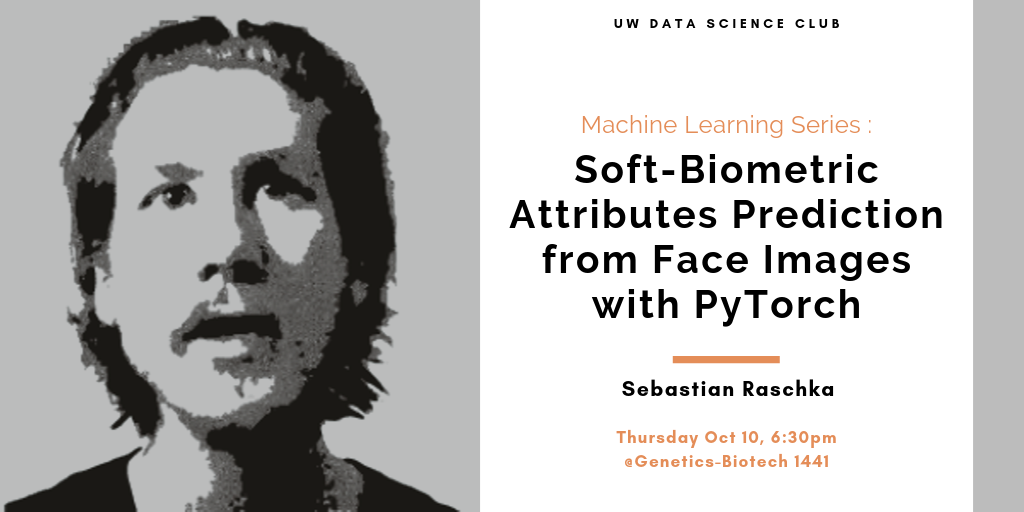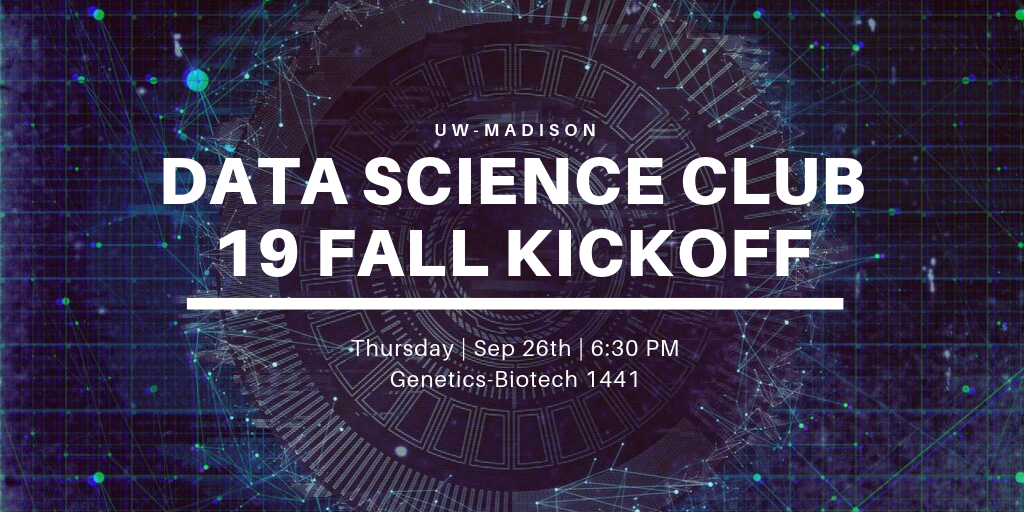
For this week’s meeting, we are fortunate enough to have Dr. Sebastian Raschka, the No.1 most influential data scientist on GitHub, come in to discuss his research and some ML/DL techniques. Specifically, he will give an introduction to ordinal regression and a brief tutorial on PyTorch.
Soft-biometric characteristics include a person’s age, gender, race, and health status. As many Deep Learning-centric applications are developed in recent years, the automatic extraction of soft biometric attributes can happen without the user’s agreement, thereby raising several privacy concerns. This talk will introduce how to extract soft-biometric attributes from facial images, as well as how to conceal soft-biometric information for enhancing privacy.

